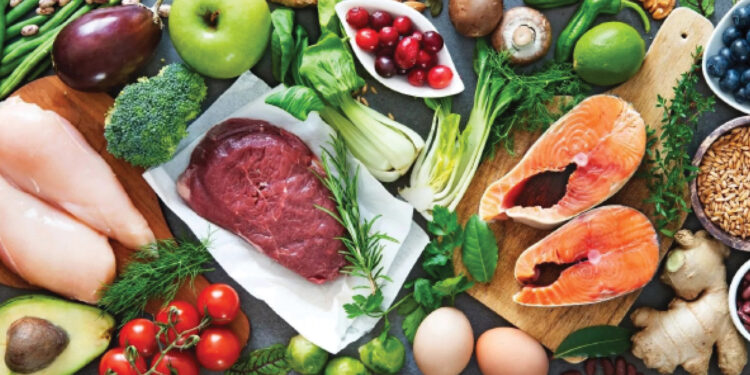When someone experiences a brain injury—whether from a fall, accident, or stroke—the journey to recovery can be uncertain and overwhelming. During this critical period, every decision counts, including dietary choices. While medical care and rehabilitation therapies are essential components of healing, nutrition plays a vital and often underestimated role in supporting the brain’s recovery process. The right nutrients can help reduce inflammation, support neuroplasticity, and provide the energy the brain needs to rebuild and function effectively
Why Nutrition Matters After Brain Injury
The brain is a complex organ that requires a steady supply of nutrients to function, repair itself, and maintain balance. After an injury, the body enters a state of high demand requiring more energy, protein, and specific nutrients to rebuild damaged tissues, reduce inflammation, and restore cognitive function.
A well-balanced diet can:
Support tissue repair and reduce inflammation
Enhance mood and mental clarity
Prevent further complications like infections or weight loss
Improve overall energy and strength
Key Nutrients For Brain Healing
Omega-3 Fatty Acids – Found in fish (like mackerel, sardines, and salmon), omega-3s help repair cell membranes and reduce brain inflammation.
Protein – Essential for tissue repair and neurotransmitter function. Sources include beans, eggs, lean meats, and fish.
Antioxidants – Vitamins C and E, found in fruits and vegetables, help combat oxidative stress in the brain.
Zinc And nd Magnesium – Help with nerve repair and calming the nervous system. Found in pumpkin seeds, leafy greens, and legumes.
B Vitamins (especially B6, B12, and folate) – Support cognitive recovery and reduce brain fog. These can be found in whole grains, leafy vegetables, eggs, and liver.
Hydration is also important. The brain is over 70% water, and even mild dehydration can affect mood, concentration, and energy levels.
Nigerian Recipe For Brain Healing: Efo Riro With Titus Fish And Ugu Leaves
This version of the classic spinach stew is rich in brain-friendly nutrients. Titus fish (mackerel) is high in omega-3s, and ugu leaves (fluted pumpkin) provide iron, antioxidants, and B vitamins.
Ingredients:
2 medium-sized Titus (mackerel) fish, cleaned and cut into chunks
3 cups ugu leaves (or spinach), chopped
1 large onion, chopped
2 red bell peppers (tatashe), chopped
2 scotch bonnet peppers (ata rodo), to taste
3 medium tomatoes
1/4 cup palm oil (use moderately)
1 tablespoon ground crayfish
2 seasoning cubes
Salt to taste
Instructions:
Boil The Fish: Lightly season the fish with salt and one seasoning cube. Add some chopped onion and cook for 10–12 minutes. Remove and set aside.
Blend The Peppers And Tomatoes: Blend the bell peppers, tomatoes, scotch bonnets, and half the onion until smooth.
Cook the Sauce: Heat palm oil in a pot. Add the remaining chopped onions and sauté for 2–3 minutes. Pour in the blended mixture and cook until it reduces and thickens, about 10–15 minutes.
Add Crayfish And Seasoning: Stir in crayfish, seasoning cube, and salt to taste. Simmer for another 5 minutes.
Add Fish And Ugu: Gently add the boiled Titus fish and chopped ugu leaves. Simmer for another 5–7 minutes, stirring gently to avoid breaking the fish.
Serve Warm: Enjoy with brown rice, boiled yam, or unripe plantain for a wholesome, brain-friendly meal.
Gentle Advice For Caregivers
If you’re caring for someone with a brain injury, know that your support at the table matters. Encourage small, regular meals filled with variety, colors, and flavors. Be patient some days might be harder than others. A calm, loving presence and a warm plate of nourishing food can go a long way.
Recovery is a journey, and food is one of the many tools that can help the brain heal gently, gradually, and powerfully



